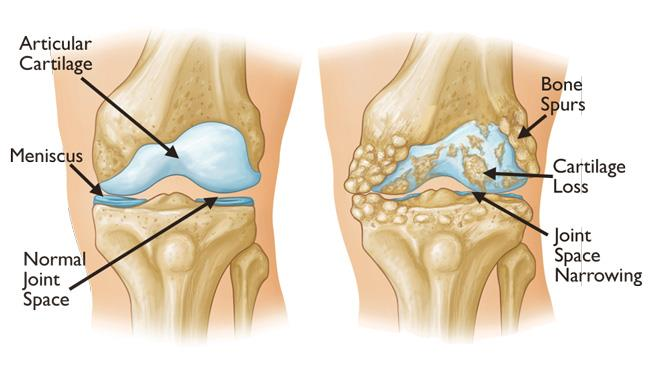A nurse is reviewing the medical records of clients on a hospital floor. Which client would the nurse expect is most at risk for hyperthyroidism?
A 25-year-old female who has metabolic syndrome
A 73-year-old male who has an iodine deficiency
A 35-year-old male who has Graves' disease
A 45-year-old female who has a family history of autoimmune disorders
The Correct Answer is C
Choice A reason:
While metabolic syndrome is associated with several health issues, it is not a direct risk factor for hyperthyroidism. Metabolic syndrome typically includes conditions like insulin resistance, hypertension, and dyslipidemia, which are more closely related to diabetes and cardiovascular diseases rather than thyroid function.
Choice B reason:
An iodine deficiency is commonly associated with hypothyroidism, not hyperthyroidism. Iodine is essential for the production of thyroid hormones, and a lack of it can lead to decreased hormone production and an underactive thyroid.
Choice C reason:
Graves' disease is the most common cause of hyperthyroidism. It is an autoimmune disorder where the immune system mistakenly attacks the thyroid gland, causing it to produce too much thyroid hormone. A 35-year-old male with Graves' disease would indeed be at high risk for hyperthyroidism.
Choice D reason:
While a family history of autoimmune disorders can increase the risk of developing autoimmune-related hyperthyroidism, it is not as direct a risk factor as having Graves' disease itself. Autoimmune disorders can have a genetic component, but having a family history does not guarantee the development of hyperthyroidism.
Nursing Test Bank
Naxlex Comprehensive Predictor Exams
Related Questions
Correct Answer is D
Explanation
Choice A reason:
Monitoring temperature is important postoperatively as it can indicate infection or inflammation. However, it is not the immediate priority following a thyroidectomy. The primary concern post-thyroidectomy is ensuring the airway is not compromised due to swelling or bleeding.
Choice B reason:
Monitoring urination is part of postoperative care to ensure kidney function and that the body is adequately eliminating fluids. While important, it is not the priority in the immediate postoperative period following a thyroidectomy.
Choice C reason:
Pain control is essential for patient comfort and recovery. However, while managing pain is a significant aspect of postoperative care, it is not the most critical priority following a thyroidectomy. The nurse must first ensure that the airway is clear.
Choice D reason:
Airway patency is the priority for monitoring a client post-thyroidectomy. Due to the proximity of the surgery to the trachea, there is a risk of swelling, hematoma, or other complications that could lead to airway obstruction. Ensuring the client has a patent airway is crucial to prevent respiratory distress or compromise.
Correct Answer is A
Explanation
Choice A reason: Damage to cartilage and bone can progressively worsen. This is a characteristic of osteoarthritis. The disease is a degenerative joint disease that results in the loss of cartilage, which cushions the ends of bones in joints. As the disease progresses, the cartilage becomes thinner and may wear away entirely, causing the bones to rub against each other. This can result in pain, stiffness, and loss of joint movement.
Choice B reason:
Organ failure in later stages may occur without treatment. This statement is not typically associated with osteoarthritis. While osteoarthritis can significantly impact a person's quality of life, it does not directly cause organ failure. However, it's important to manage osteoarthritis effectively to maintain overall health and prevent secondary complications.
Choice C reason:
Inflammation will resolve over time. This is not typically true for osteoarthritis. While some people with osteoarthritis may experience periods of reduced symptoms, the underlying disease process does not resolve over time. In fact, osteoarthritis usually worsens over time.
Choice D reason:
There will be periods of flare-ups and remission of symptoms. This is true for many people with osteoarthritis. Symptoms can vary and may become more severe during periods of activity or stress on the joint. Conversely, symptoms may decrease during periods of rest or with effective management strategies.

Whether you are a student looking to ace your exams or a practicing nurse seeking to enhance your expertise , our nursing education contents will empower you with the confidence and competence to make a difference in the lives of patients and become a respected leader in the healthcare field.
Visit Naxlex, invest in your future and unlock endless possibilities with our unparalleled nursing education contents today
Report Wrong Answer on the Current Question
Do you disagree with the answer? If yes, what is your expected answer? Explain.
Kindly be descriptive with the issue you are facing.
